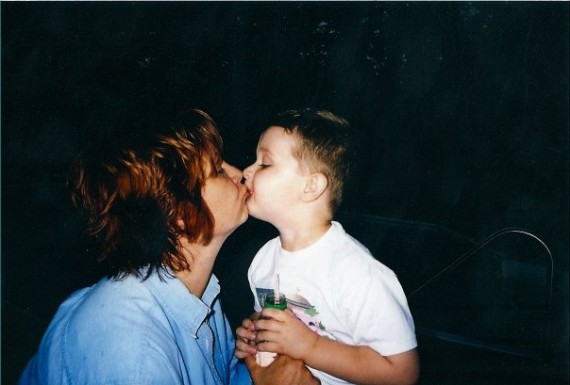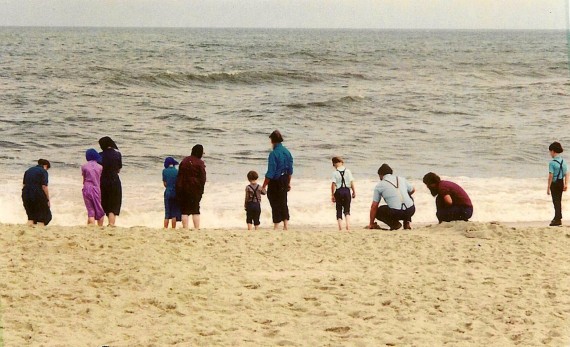
Step 8 on the path to learning forgiveness is to allow someone close to you, someone who is easily forgivable, to show you the way. Pay attention to how easy it is to forgive them, and how little stress you feel about being able to let go, move on, and not allow that moment of anger to spoil the day.
Next, try it with someone who grates on your nerves a bit more. It may be more challenging, but the rewards are worth the effort. Anger doesn’t feel good. Bottled up resentment is hazardous to your happiness.
When you get to the point of being able to let go of the negative feelings toward that slightly irritating person, you will then have the practice necessary to move on to more serious hurts and betrayals. You don’t have to learn to like someone in order to forgive him or her. It’s probably not going to be easy, but with what you have learned so far in the previous steps, it will be doable. It may take time and considerable effort, but don’t give up on yourself! I say “don’t give up on YOURSELF”, because you are the one who will, in the end, benefit the most, both mentally and physically.
Next Blog



